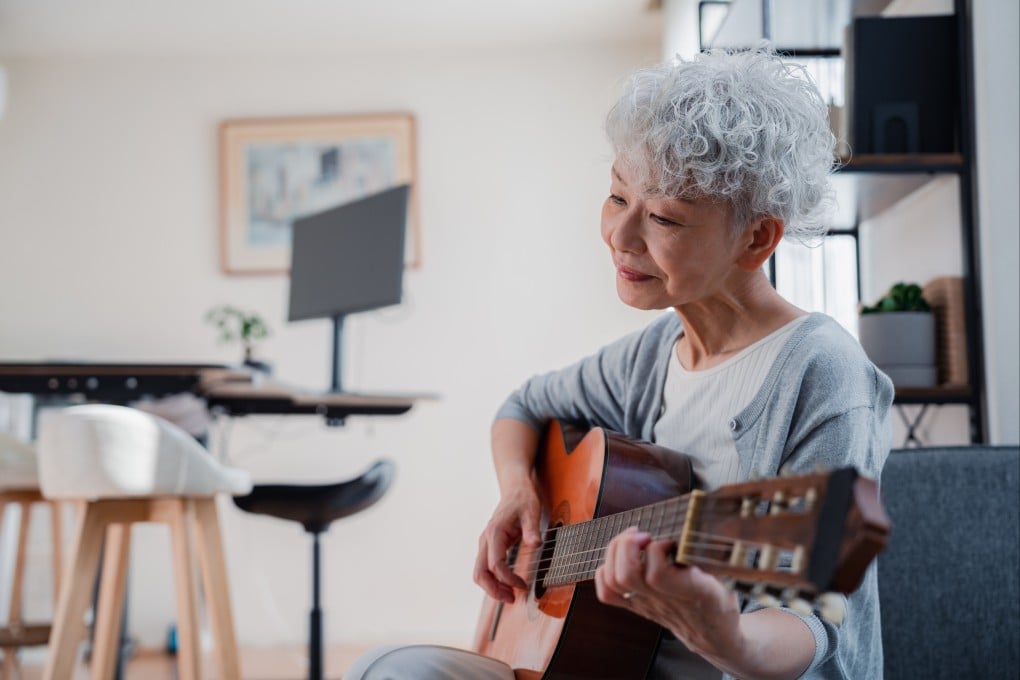How to safeguard your ageing brain: build ‘cognitive reserve’ with mental and physical exercise, and stay active and socially engaged
- Our brains, like our muscles, need regular use to stay healthy and flexible, say experts, and keeping our brains active builds our ‘cognitive reserve’
- This cognitive reserve allows the brain to use different neural networks in healthier areas, reducing the effects of damage from dementia

Geriatric psychiatrist Dr David Merrill was the first person I heard refer to “cognitive reserve”, when he described a piece of research – the Nun Study, involving 678 Catholic nuns between the ages of 75 and 107, who offered their brains for postmortem study.
On analysis, a number of the nuns’ brains were full of the amyloid plaques characteristic of Alzheimer’s disease. But this didn’t reflect whether they had suffered symptomatically with memory loss and general befuddlement.
Merrill, director of the Pacific Brain Health Centre in Santa Monica, California, said that the complexity of their writing and journaling in life was an indicator of whether they had suffered disease symptoms.

It was linked to the level of cognitive reserve they built up to combat the accumulation of dementia pathology later.